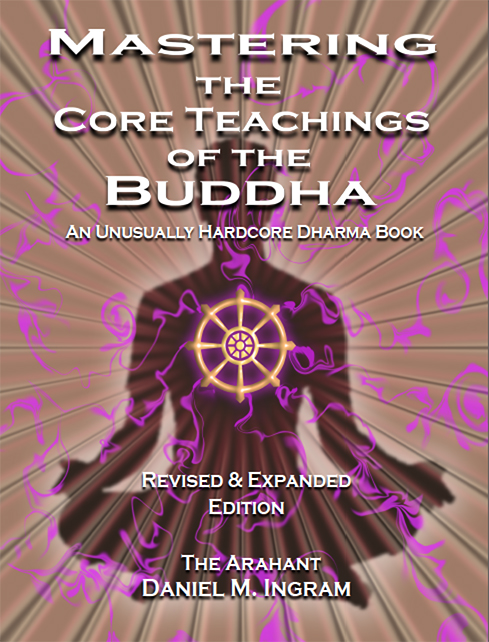Buddhism: Philosophy, History, and Influence on the World
Buddhism is one of the oldest and most widespread world religions, having a profound influence on culture, philosophy, and the way of life of millions of people. Originating in India more than 2,500 years ago, Buddhism spread across Asia and beyond, becoming not only a spiritual teaching but also a philosophy that helps people achieve inner harmony. In this article, we will explore the fundamental principles of Buddhism, its history, key branches, and its impact on the modern world.
The Origins of Buddhism
Buddhism emerged in the 6th–5th centuries BCE in ancient India. The founder of the teaching is Siddhartha Gautama, better known as the Buddha ("The Awakened One"). According to legend, he was a prince who lived in luxury but, after encountering suffering (old age, illness, and death), decided to leave his palace and seek the truth. After years of meditation and asceticism, he attained enlightenment under the Bodhi tree and formulated the core principles of his teachings.
Buddhism quickly spread across India and beyond through the teachings of Buddha's disciples. Over time, it divided into several branches, each adapting to local traditions and cultural influences.
Fundamental Principles of Buddhism
Buddhism is based on several key concepts:
-
The Four Noble Truths:
-
Life is full of suffering (dukkha).
-
The cause of suffering is desire and attachment.
-
There is a path to the cessation of suffering—nirvana.
-
Nirvana can be achieved by following the Eightfold Path.
-
-
The Eightfold Path – an ethical and spiritual guide that includes right view, intention, speech, action, livelihood, effort, mindfulness, and concentration.
-
Karma and Rebirth – the law of cause and effect, where a person’s actions determine their future existence.
-
Nirvana – a state of complete liberation from suffering and the cycle of rebirth.
Branches of Buddhism
Buddhism is divided into three main branches:
-
Theravāda ("Teaching of the Elders") – the most traditional form, prevalent in Sri Lanka, Thailand, Myanmar, Laos, and Cambodia. It focuses on monastic life and individual attainment of nirvana.
-
Mahayana ("The Great Vehicle") – a more open teaching, popular in China, Japan, Korea, and Vietnam. It includes the concept of bodhisattvas—beings who seek enlightenment for the benefit of all sentient beings.
-
Vajrayana ("The Diamond Vehicle") – an esoteric tradition that developed in Tibet and Mongolia. It includes complex rituals, mantras, and meditative practices.
Buddhism in the Modern World
Buddhism continues to influence global culture, psychology, and art. Its philosophy inspires millions of people to seek inner peace and mindfulness. Meditation practices, nonviolence, and compassion are reflected in modern psychotherapeutic methods, including cognitive-behavioral therapy and mindfulness-based practices.
Buddhism also plays a crucial role in global movements for peace, environmentalism, and humanitarian efforts. Many followers of the teaching participate in social and charitable projects aimed at helping those in need and protecting the environment.
Conclusion
Buddhism is not just a religion but a way of life based on mindfulness, compassion, and the pursuit of truth. Its teachings help people find harmony with themselves and the world around them, overcome suffering, and strive for wisdom. Regardless of one’s religious beliefs, the principles of Buddhism can serve as a source of inspiration for anyone seeking spiritual growth and inner peace.
In the modern world, many seek different paths to balance and entertainment. For those interested in gambling and casino bonuses, the 25 free spins without deposit offer provides an opportunity to test gaming platforms for free.
Buddhism is not just a religion but a philosophy of life based on awareness, compassion, and the search for truth. Its teachings help people find harmony with themselves and the world around them, overcome suffering, and strive for wisdom. Regardless of religious views, the principles of Buddhism can serve as an inspiration for anyone seeking spiritual growth and inner peace.

